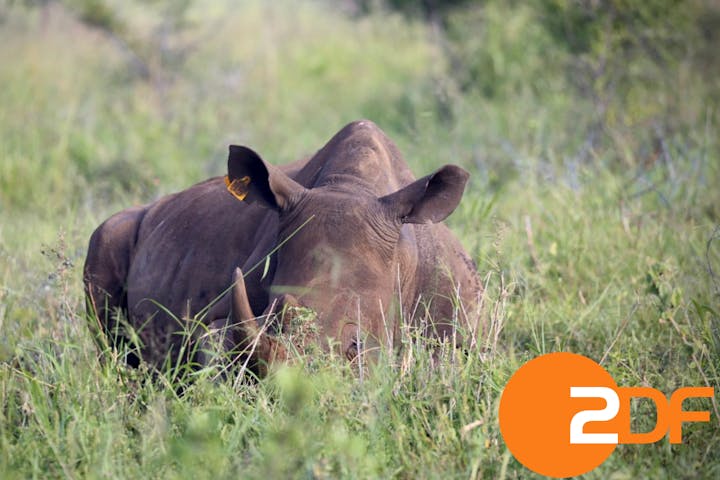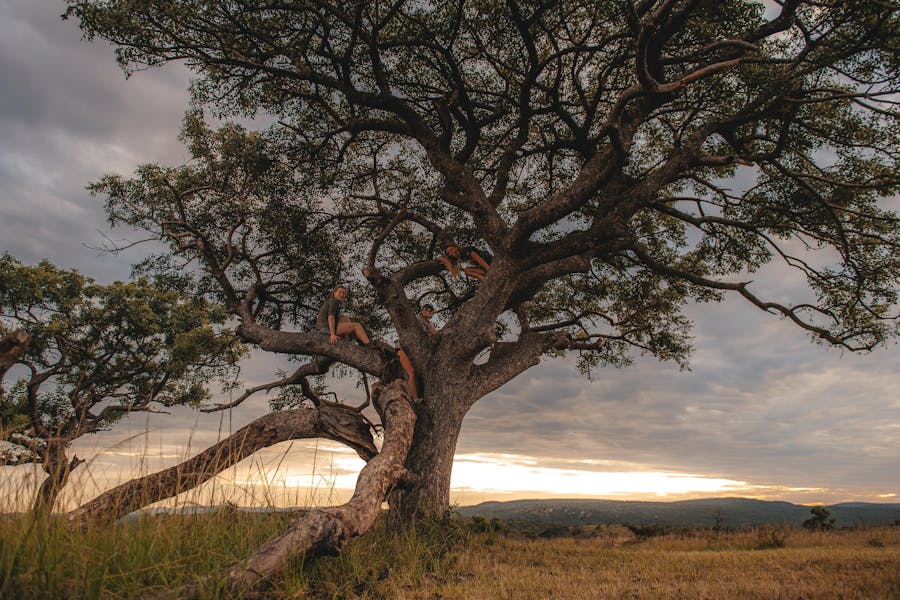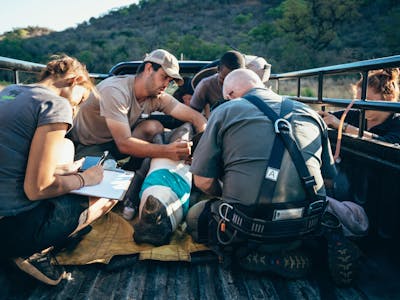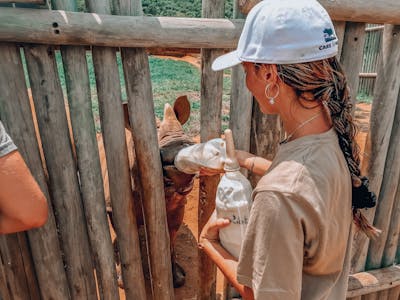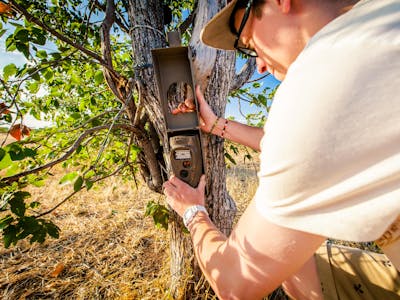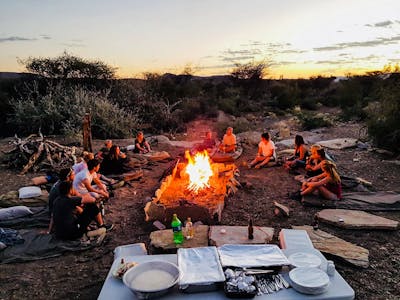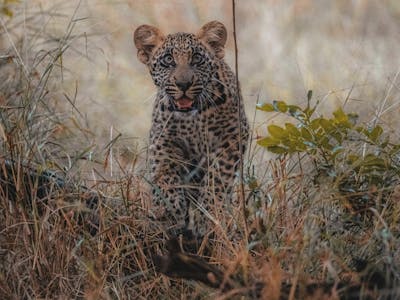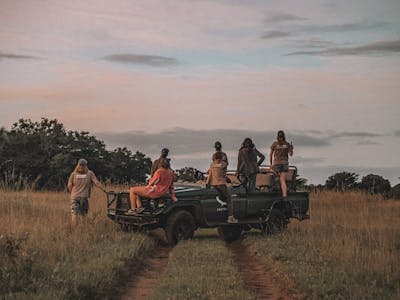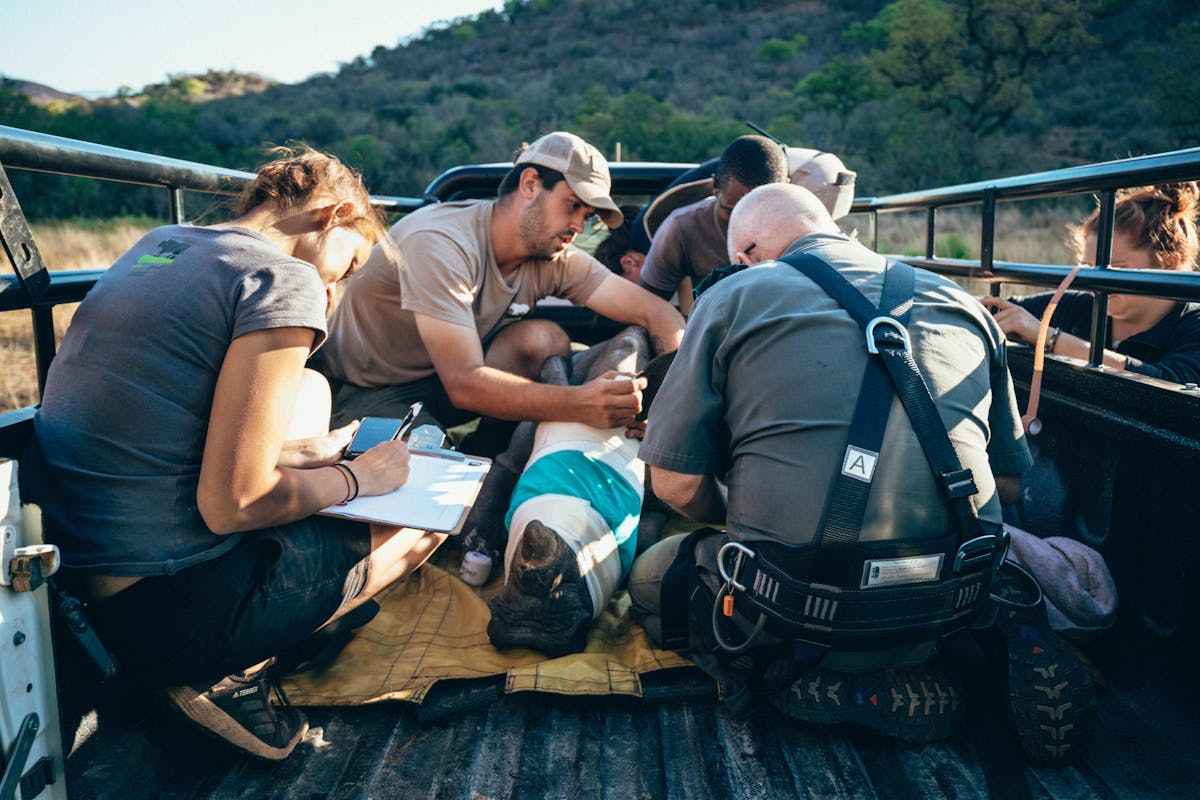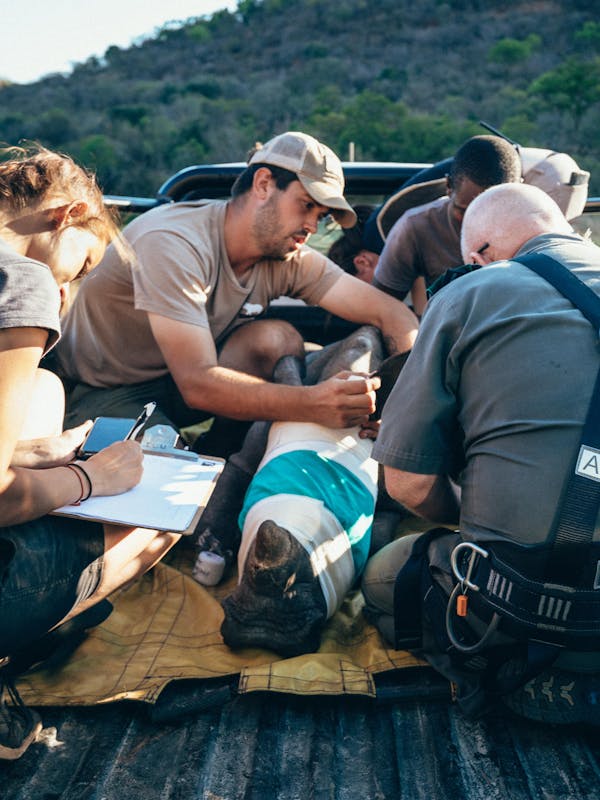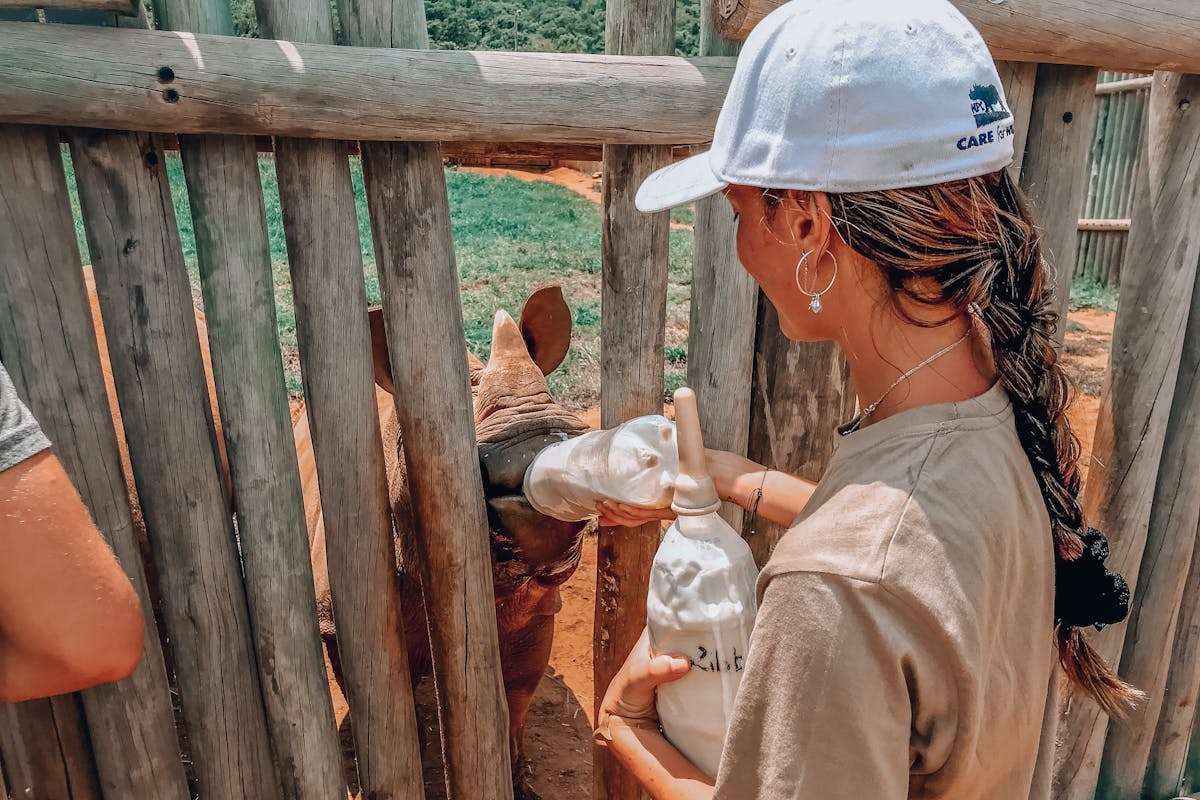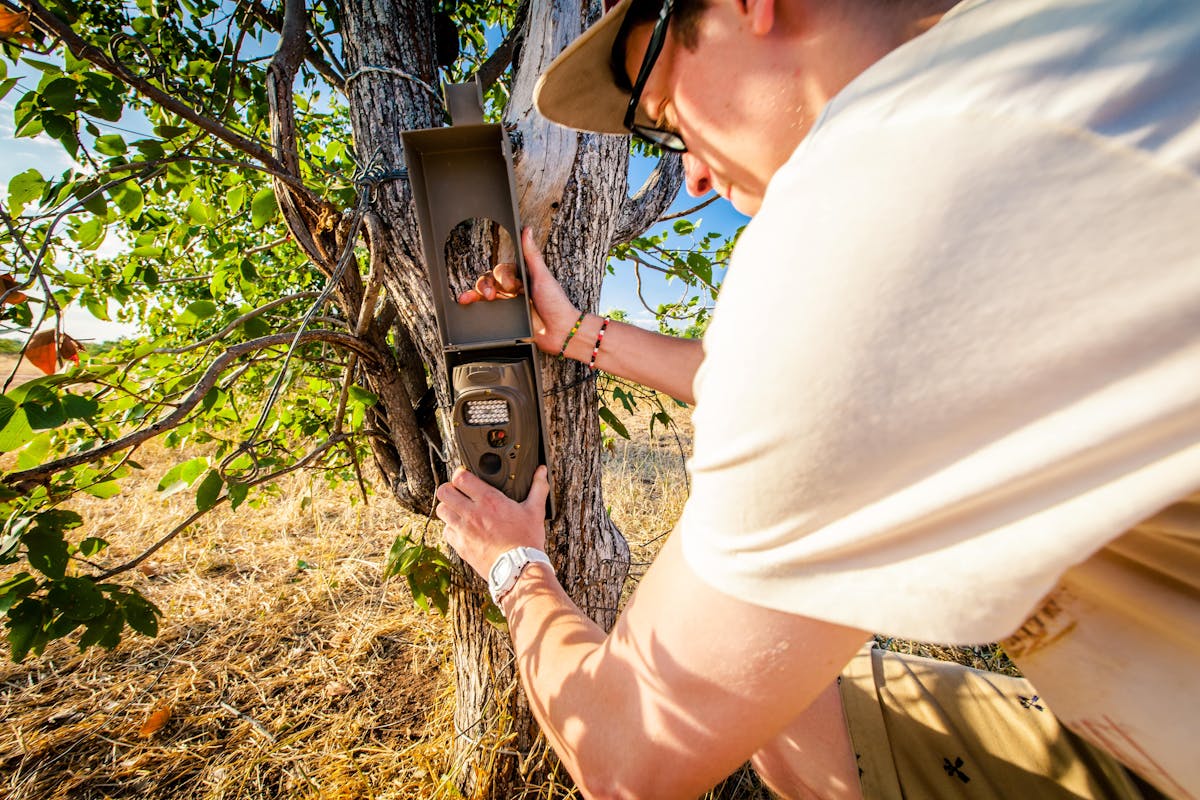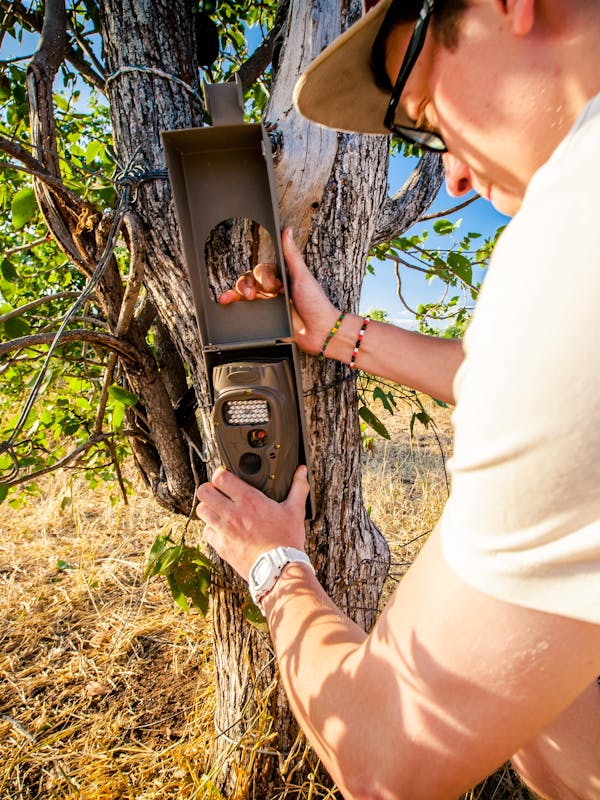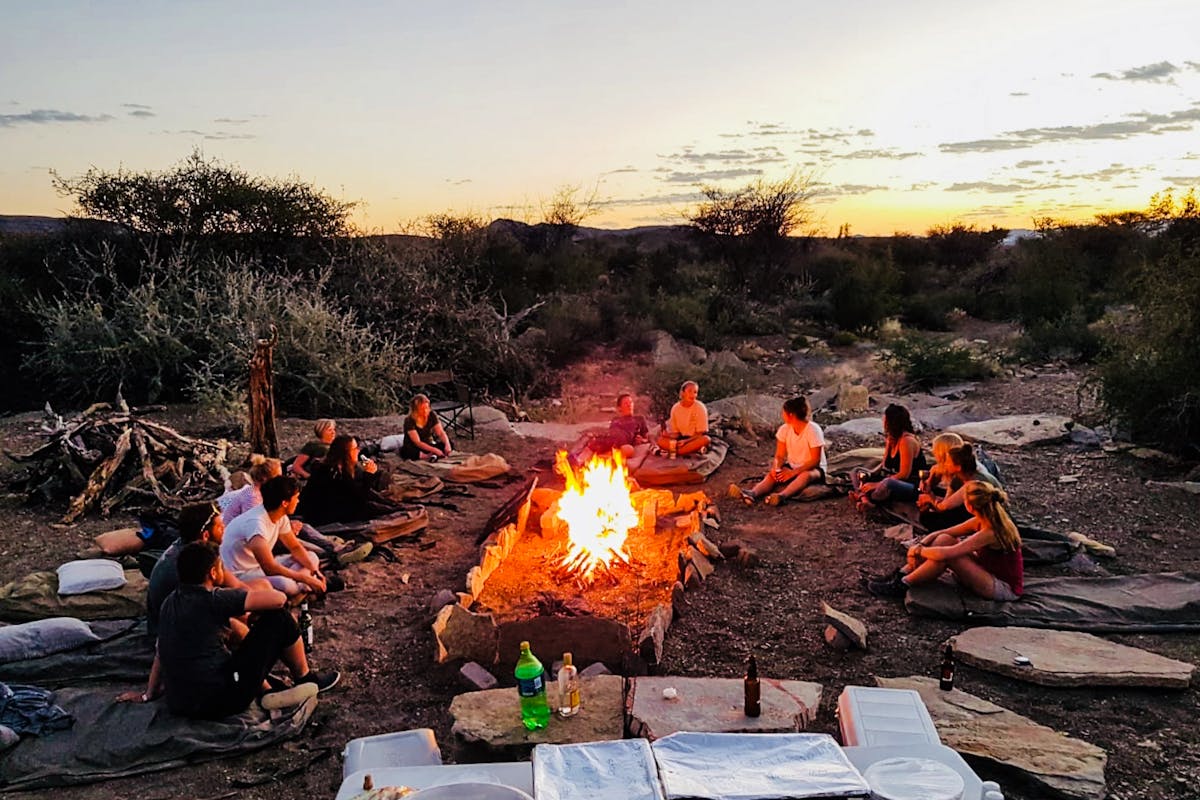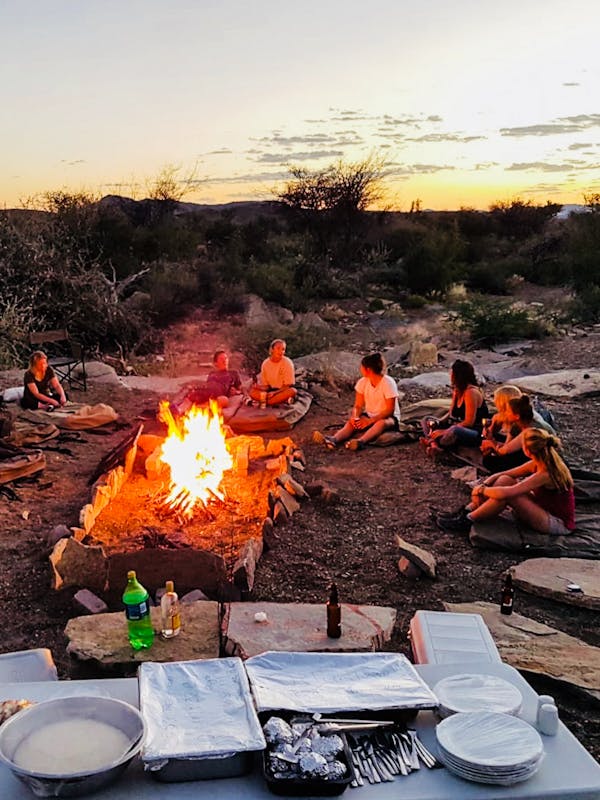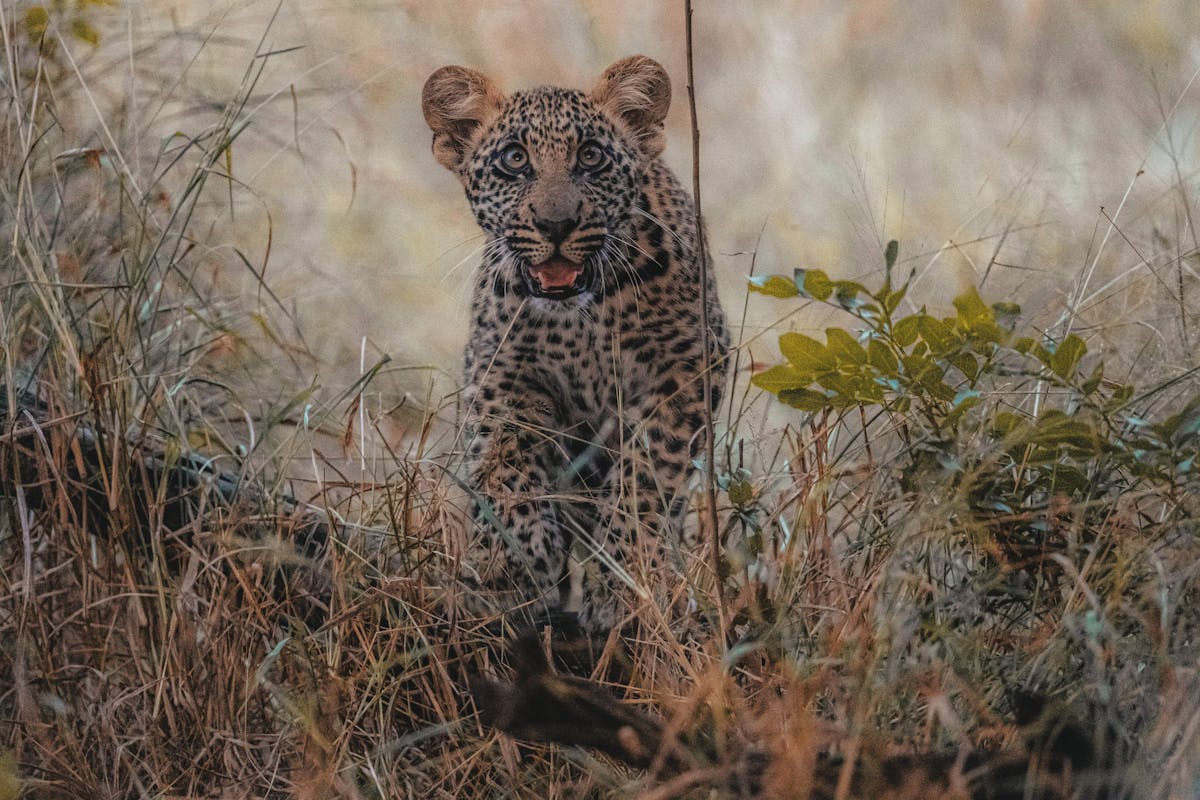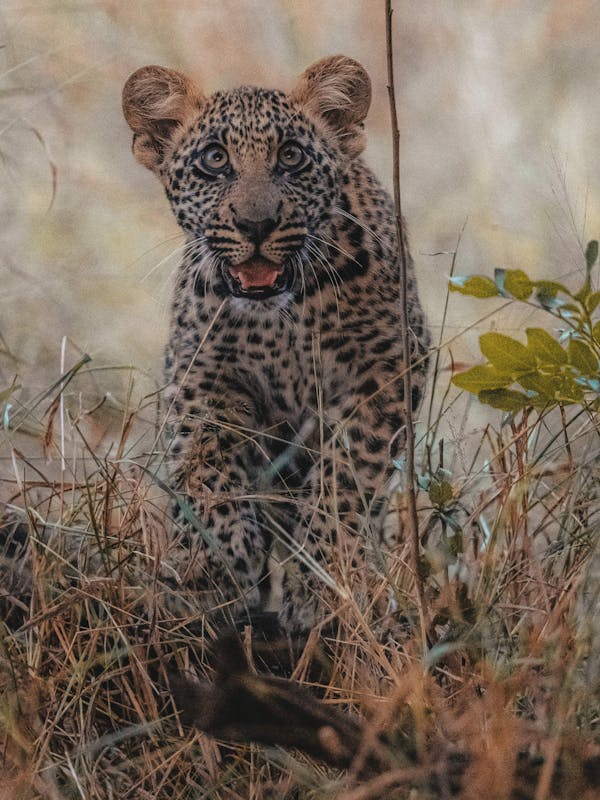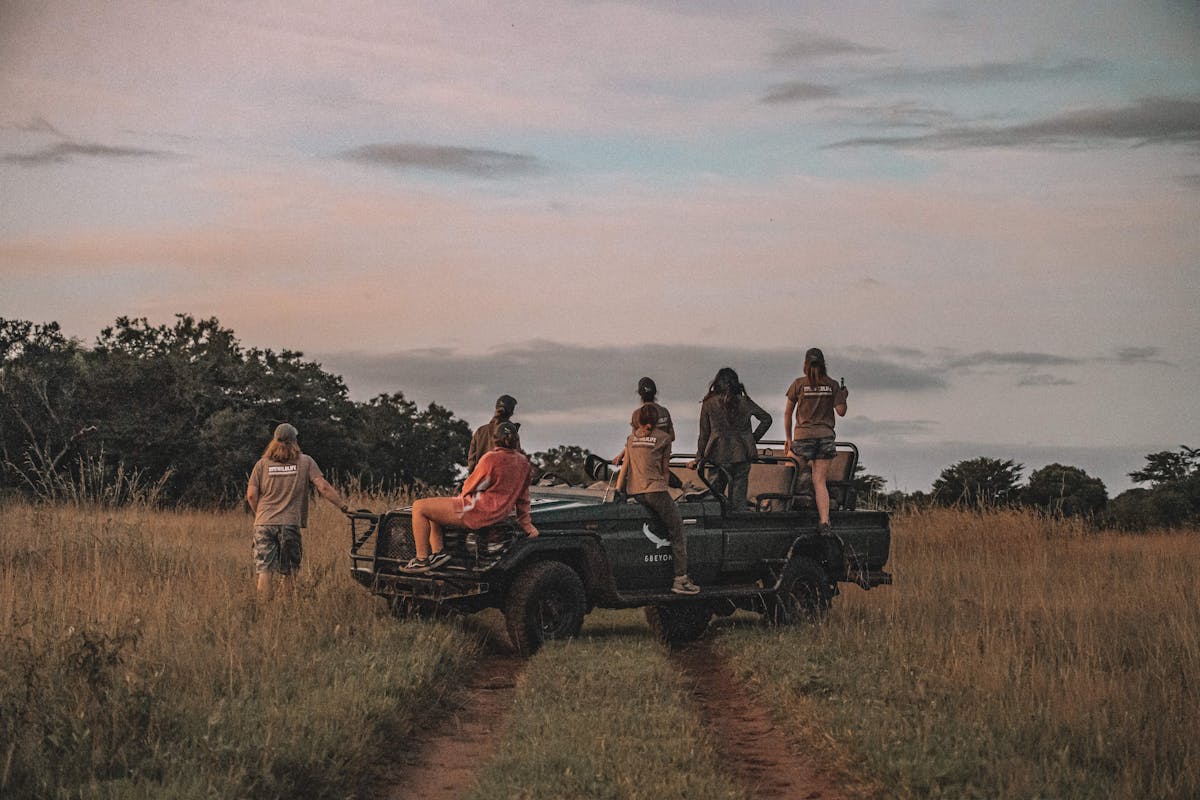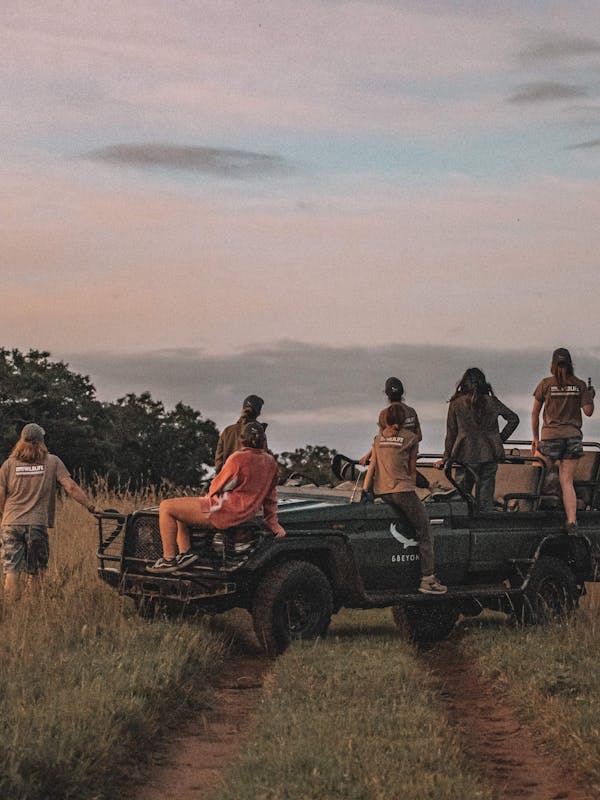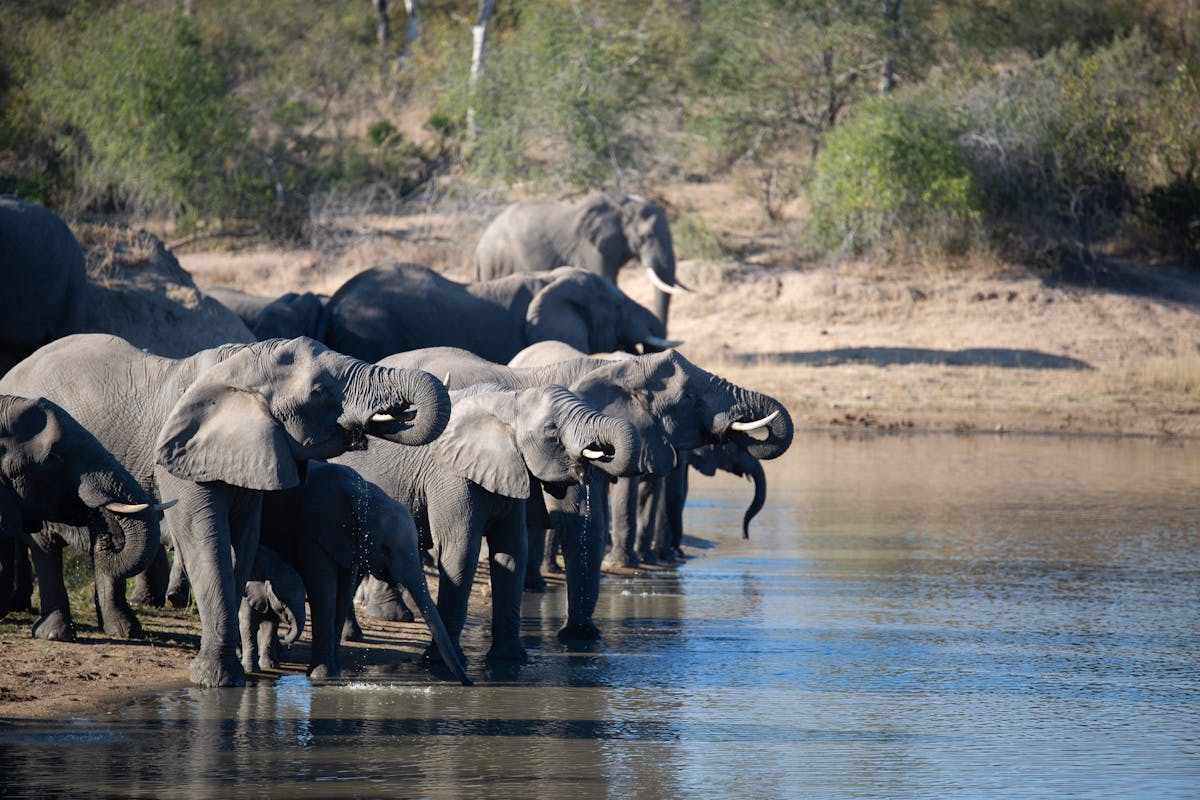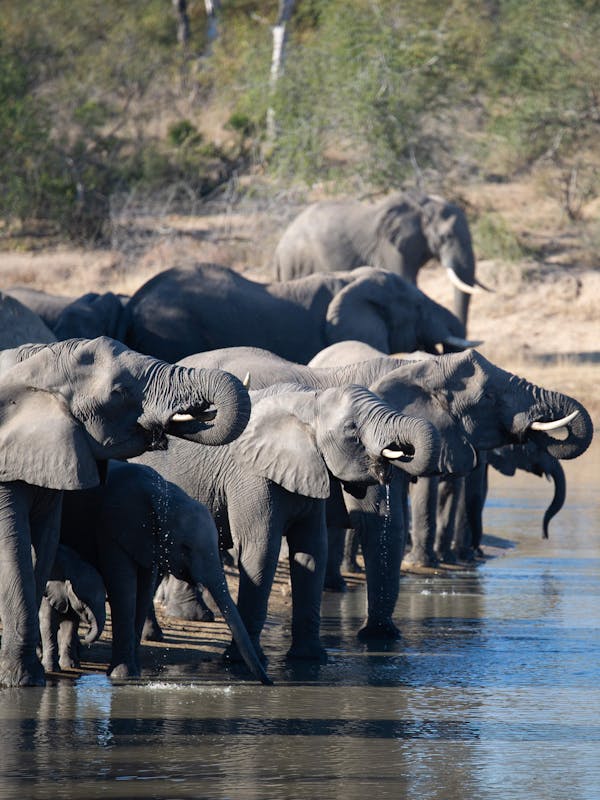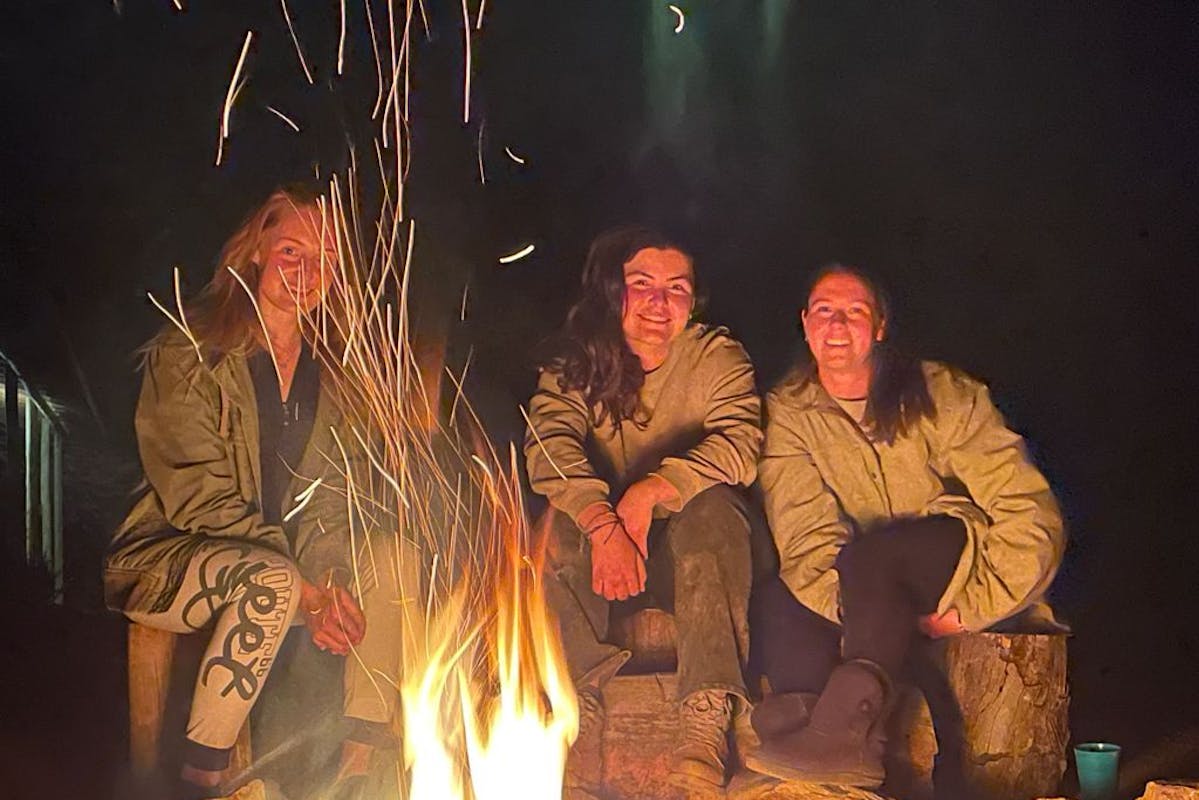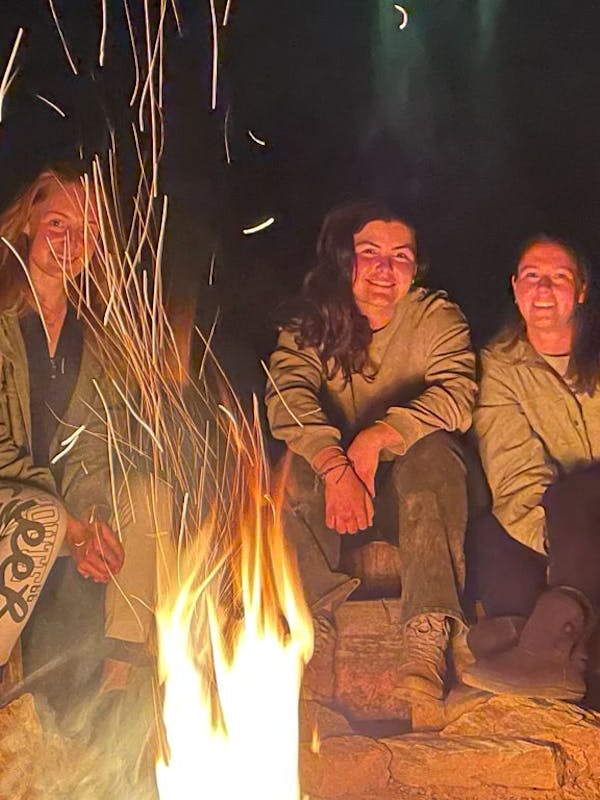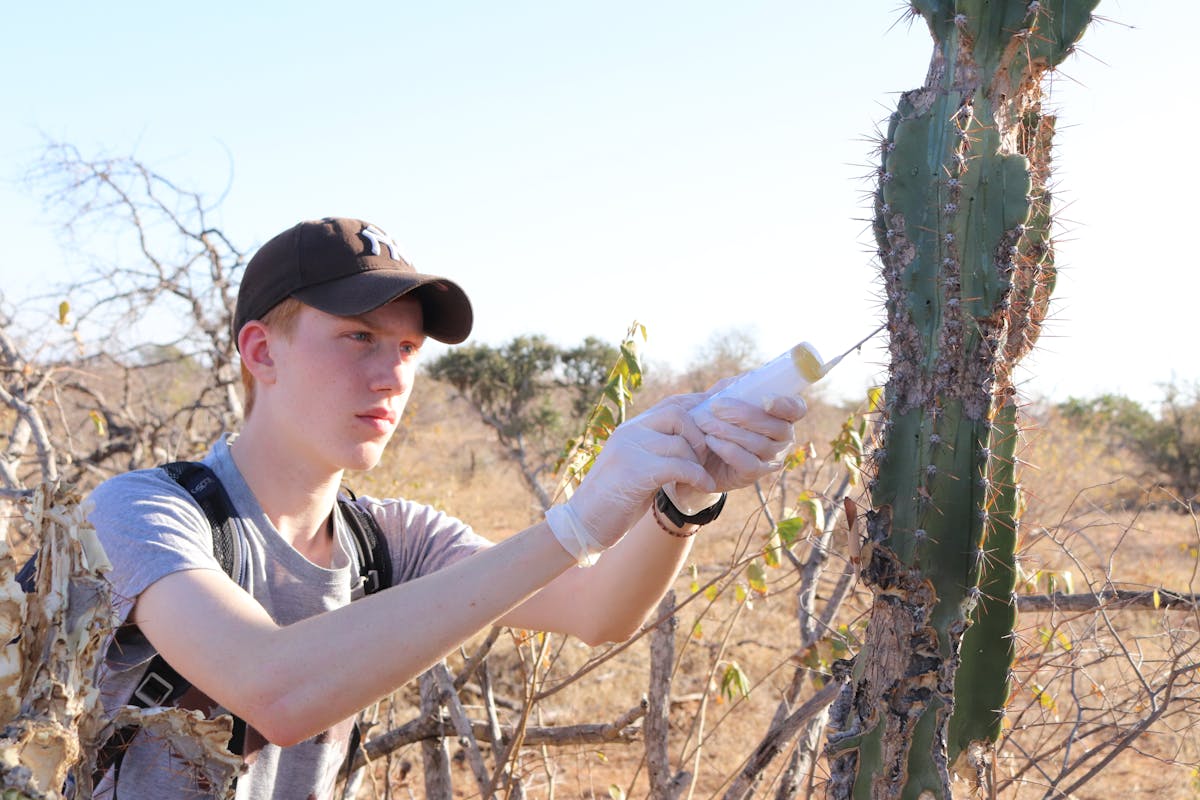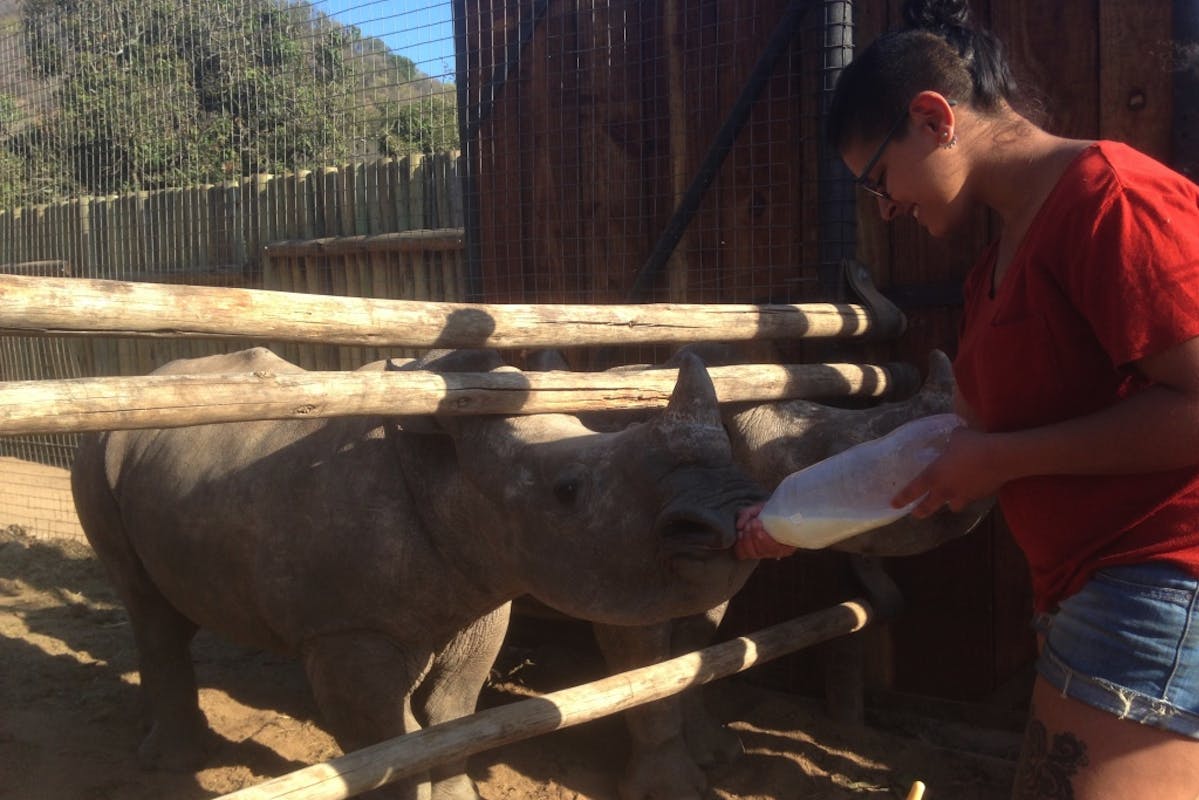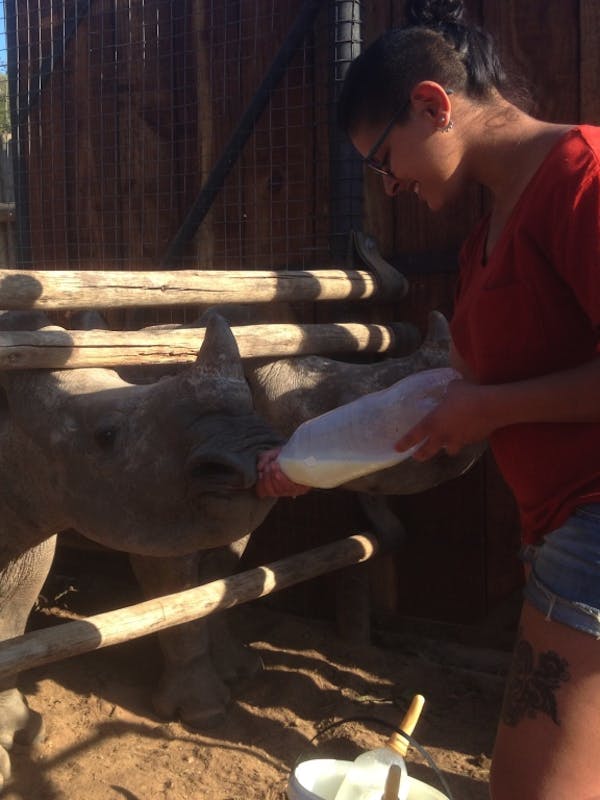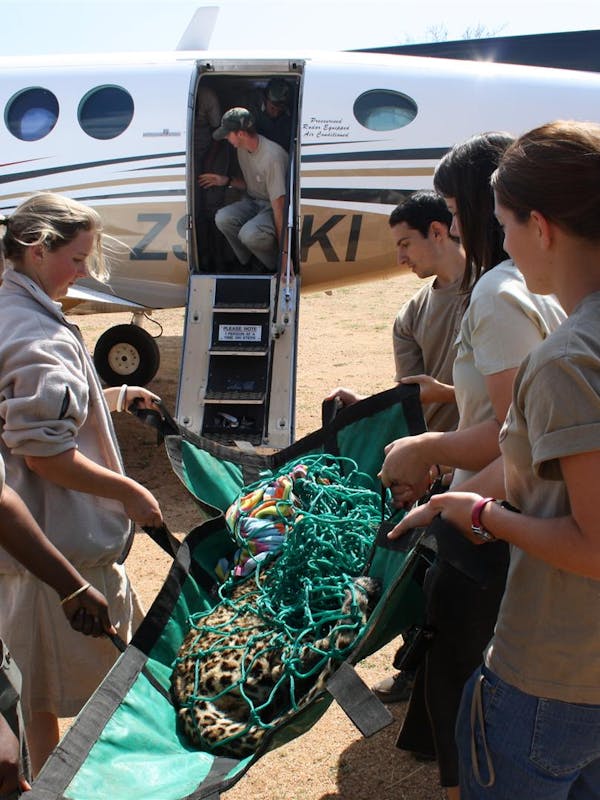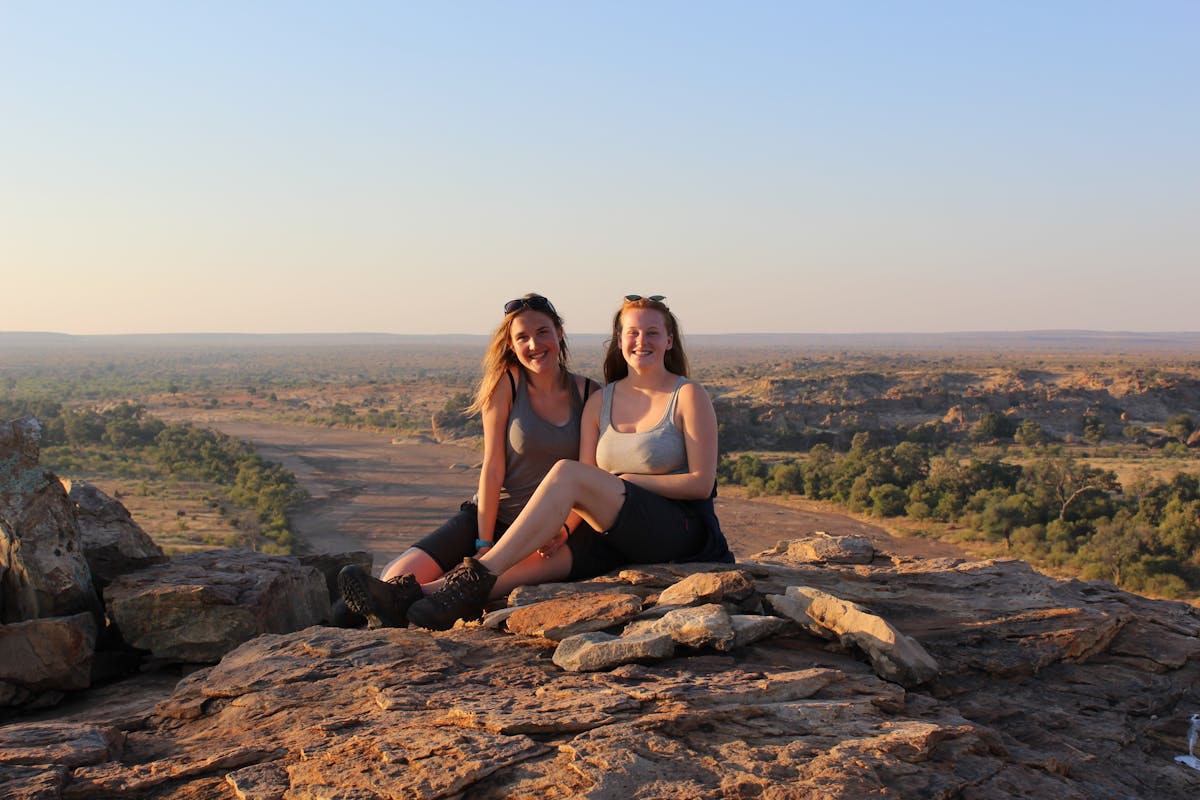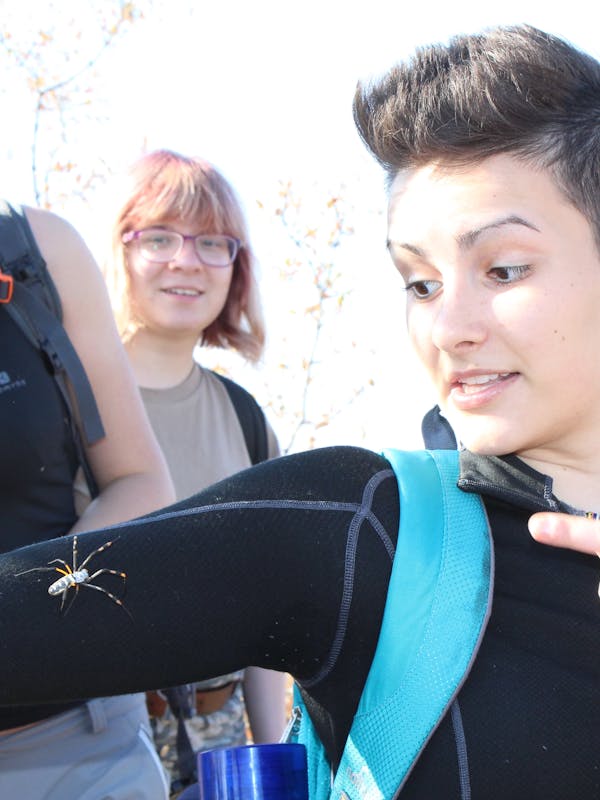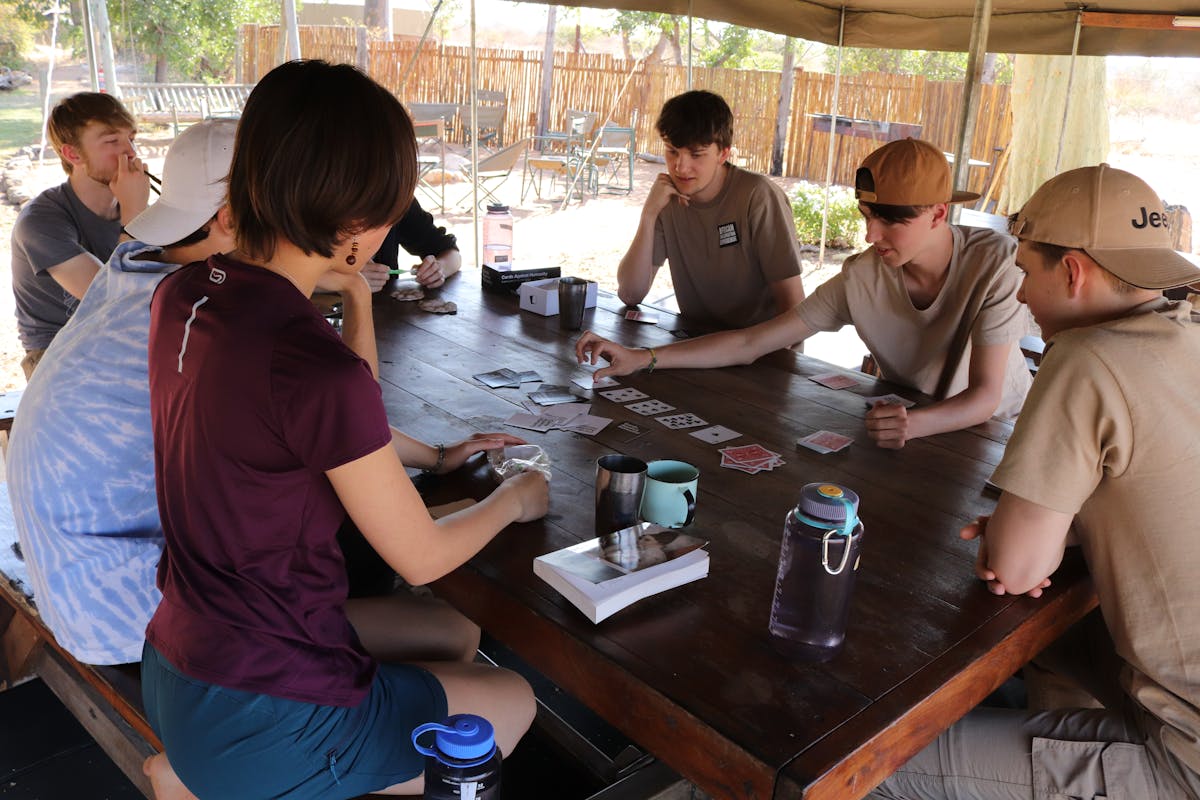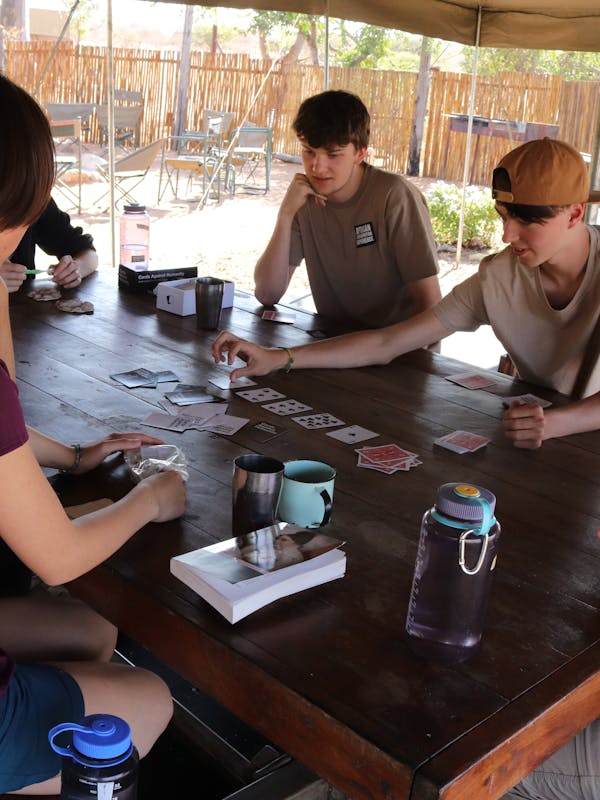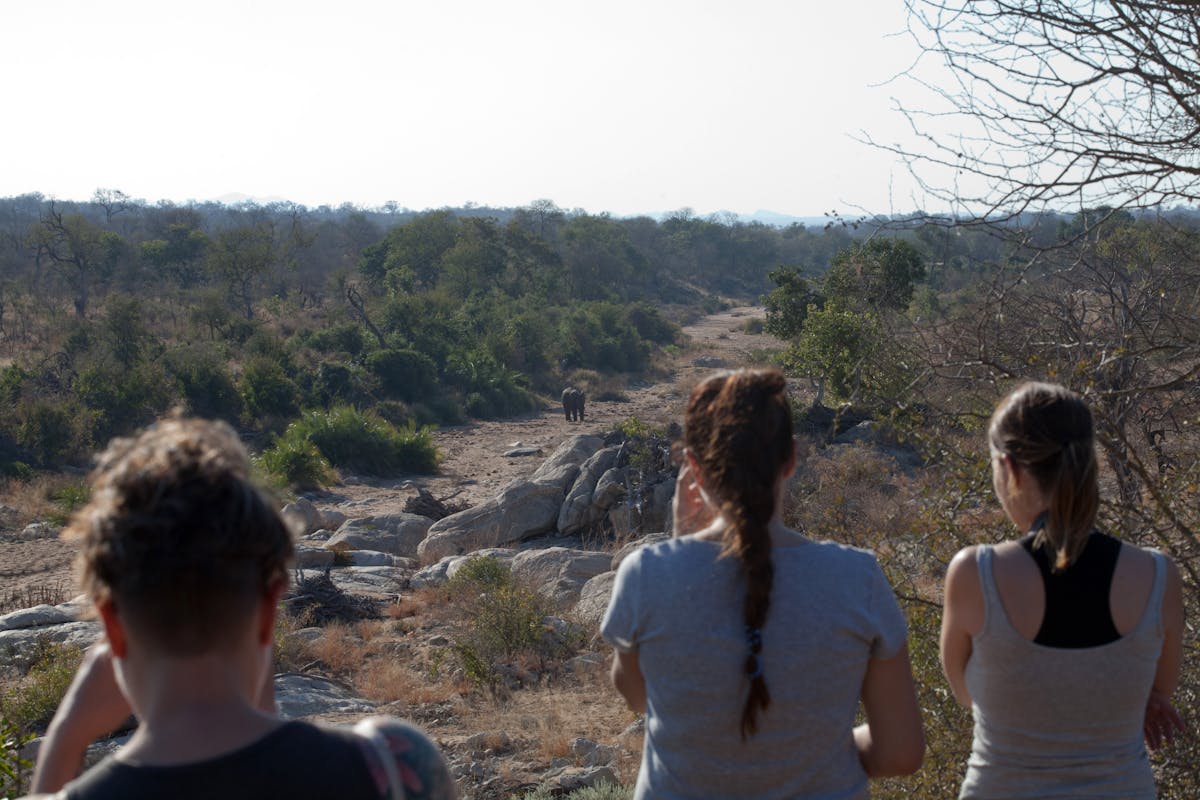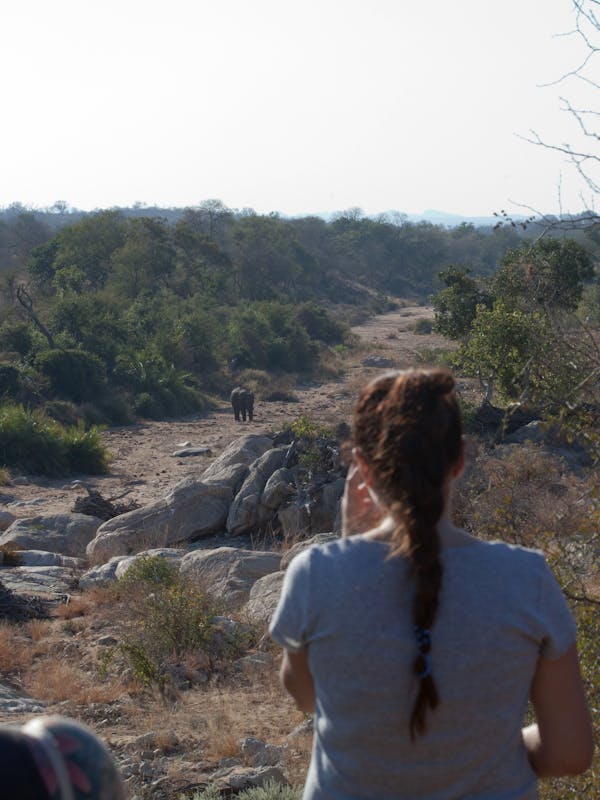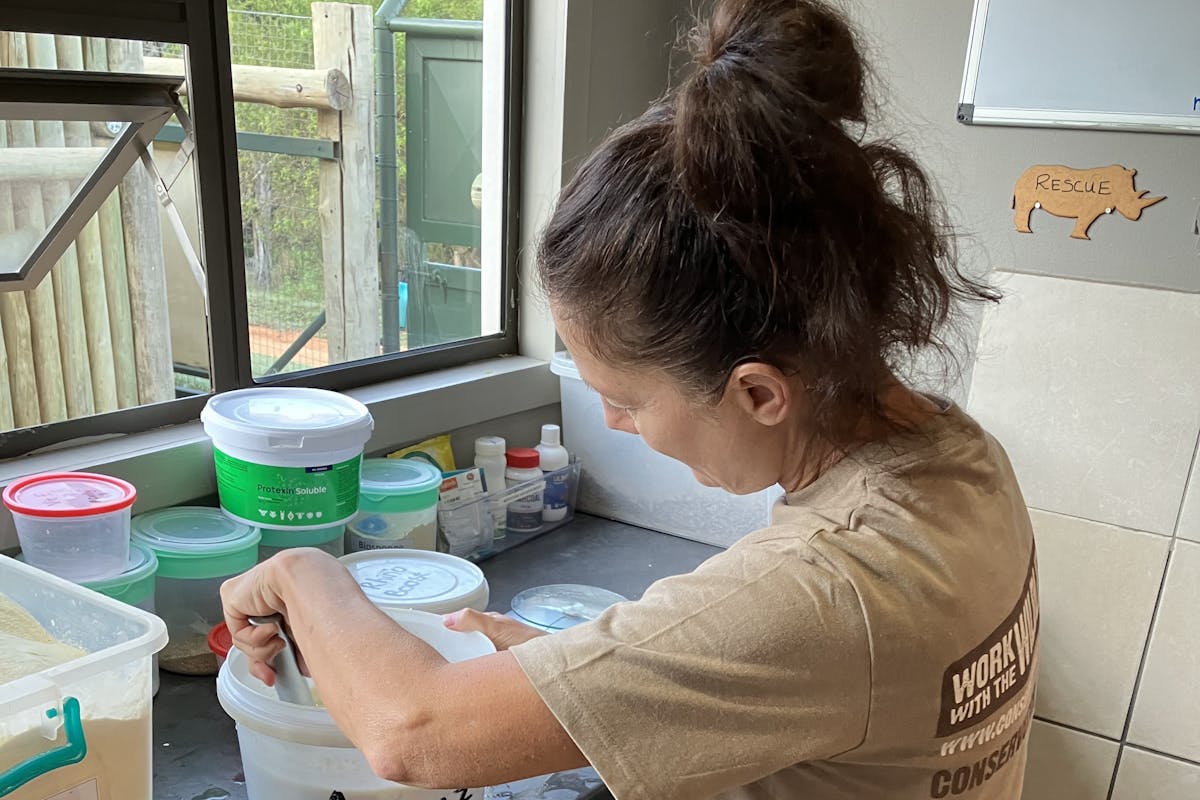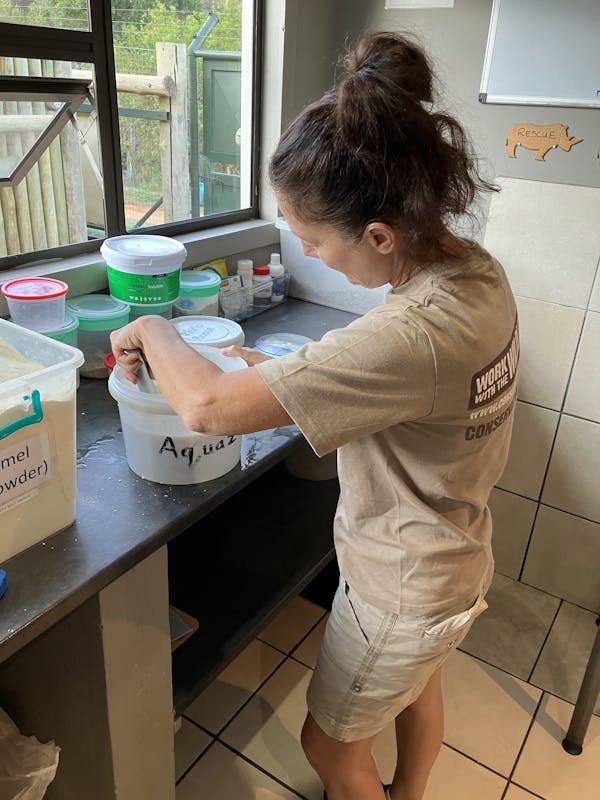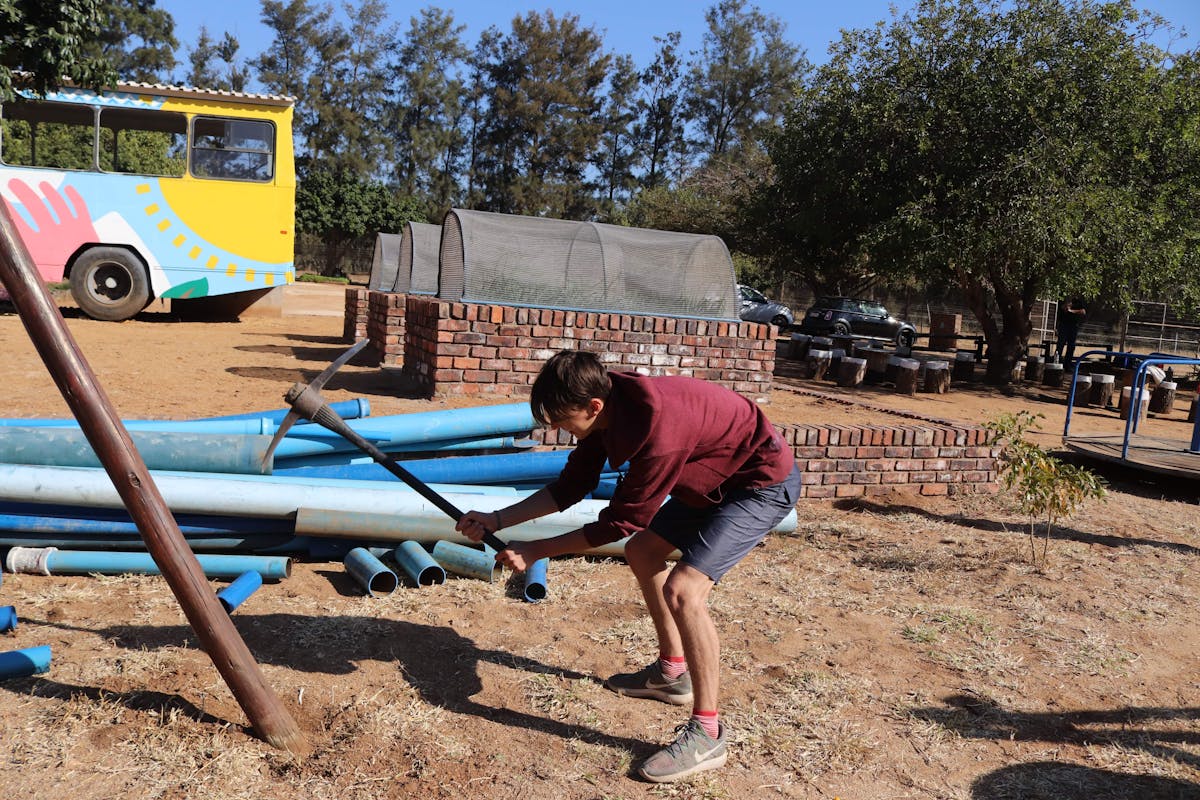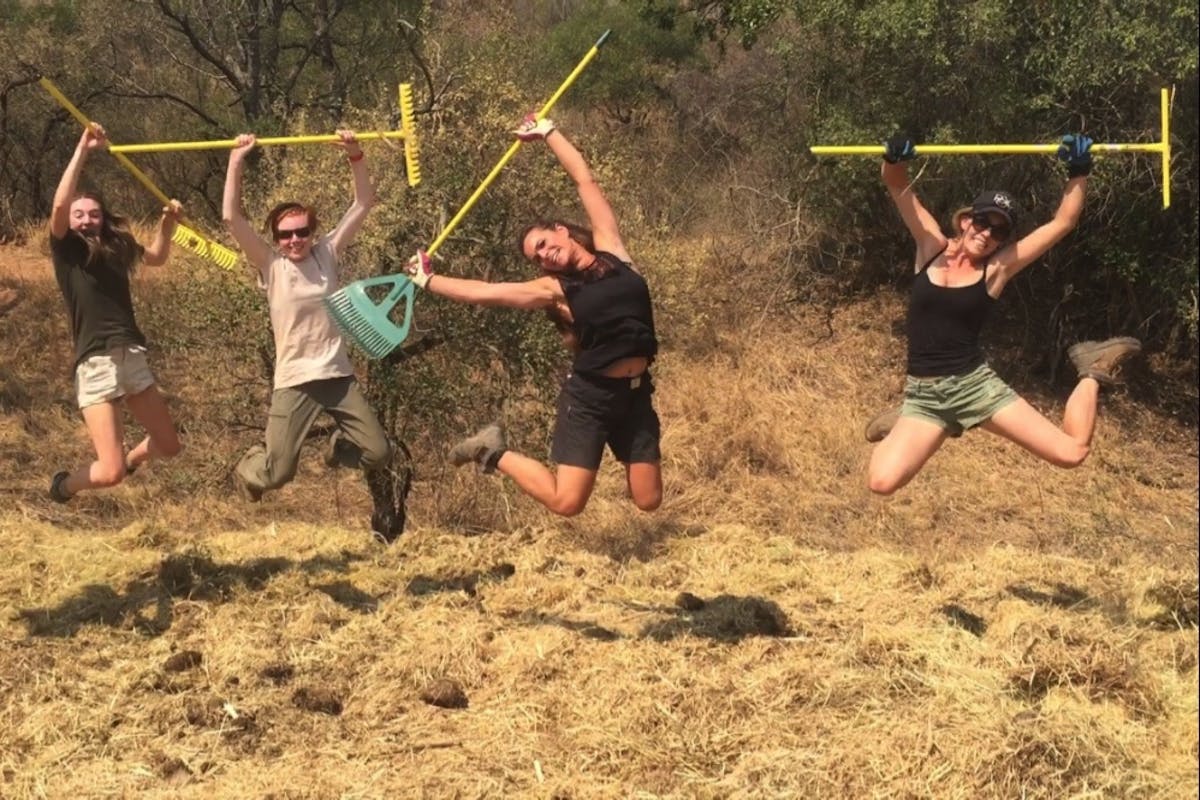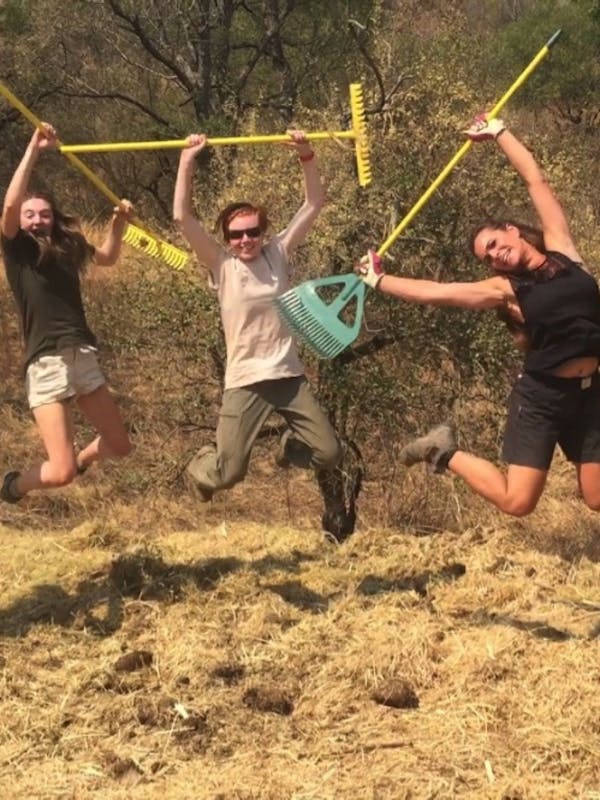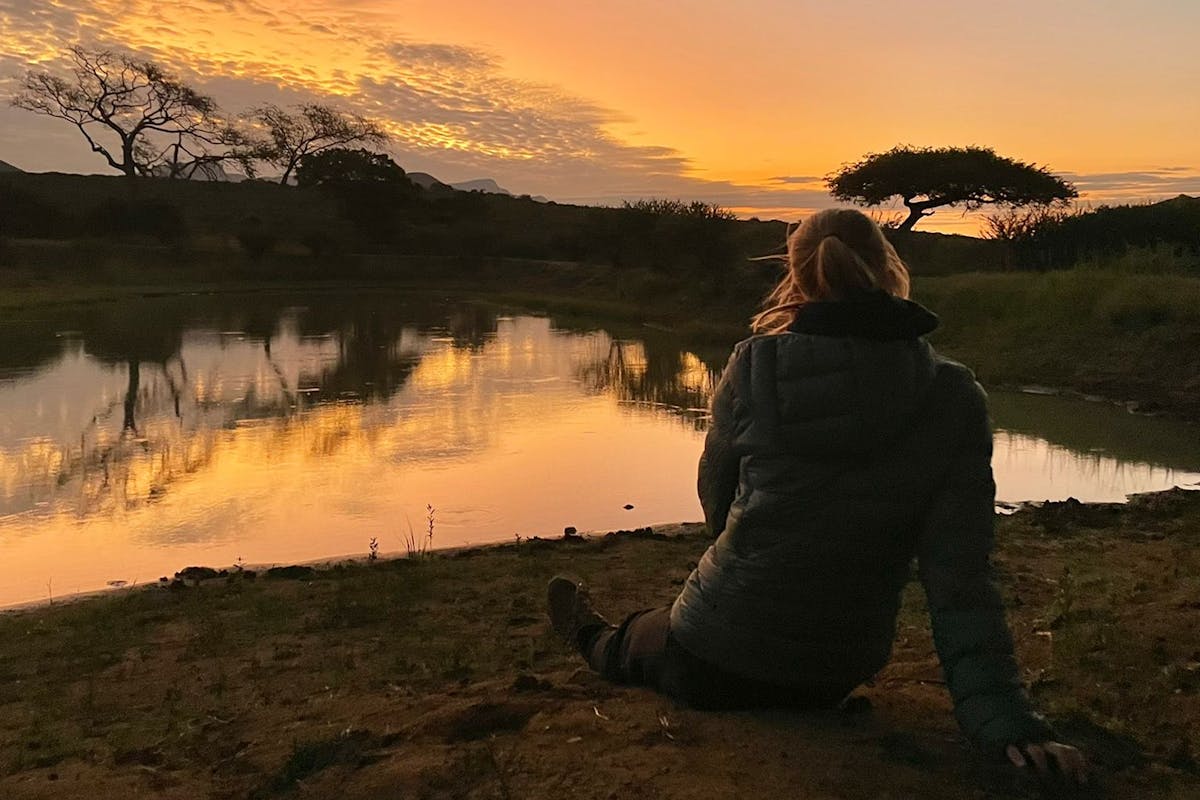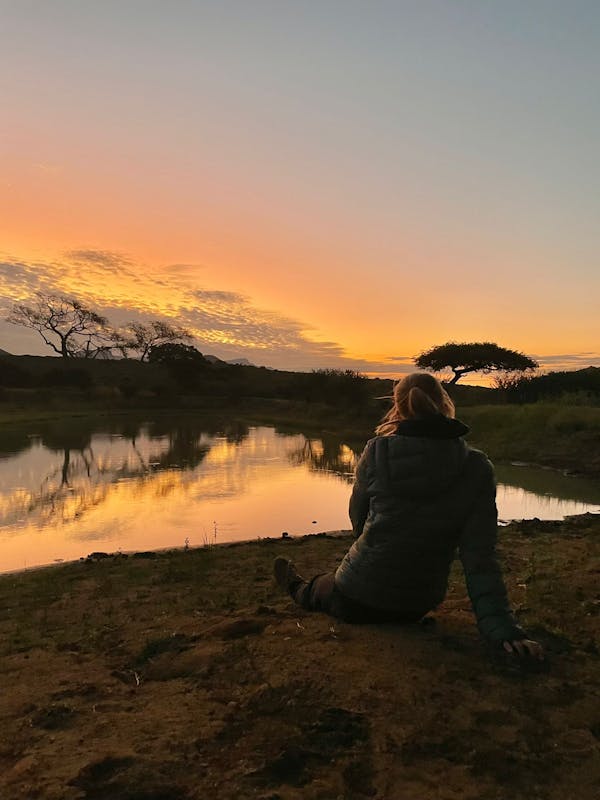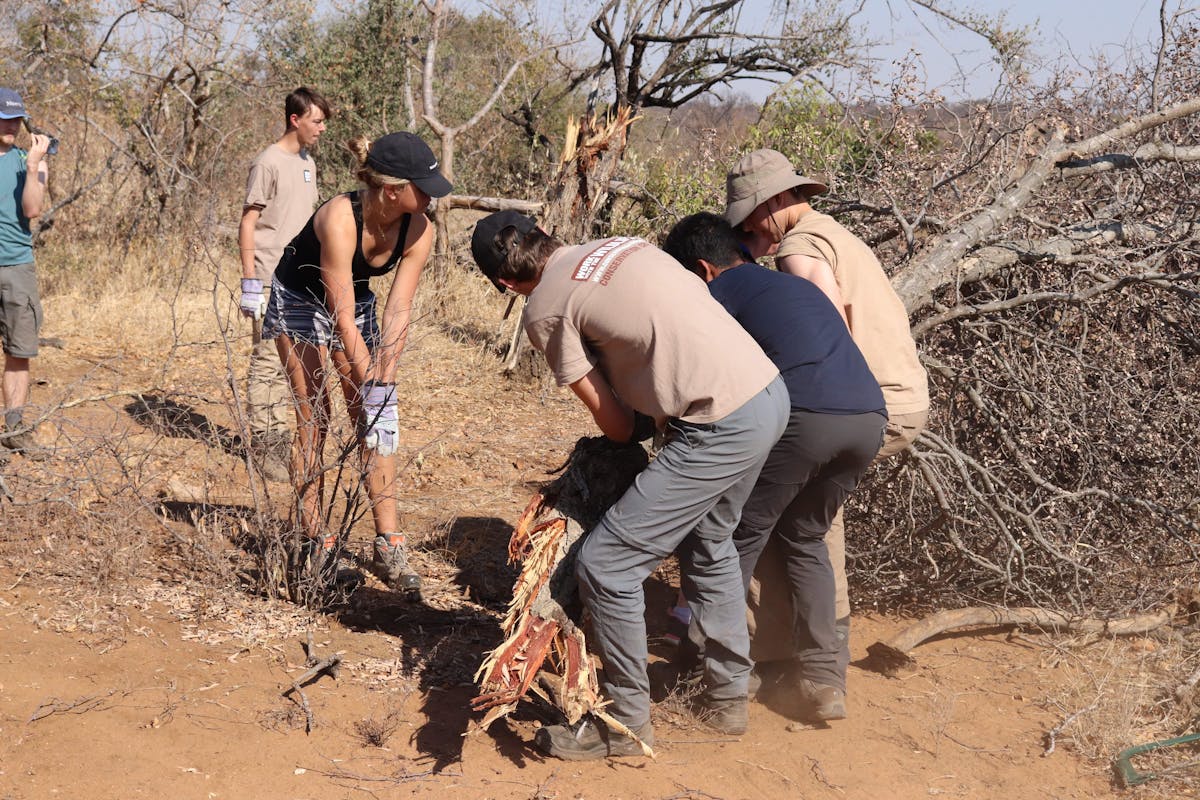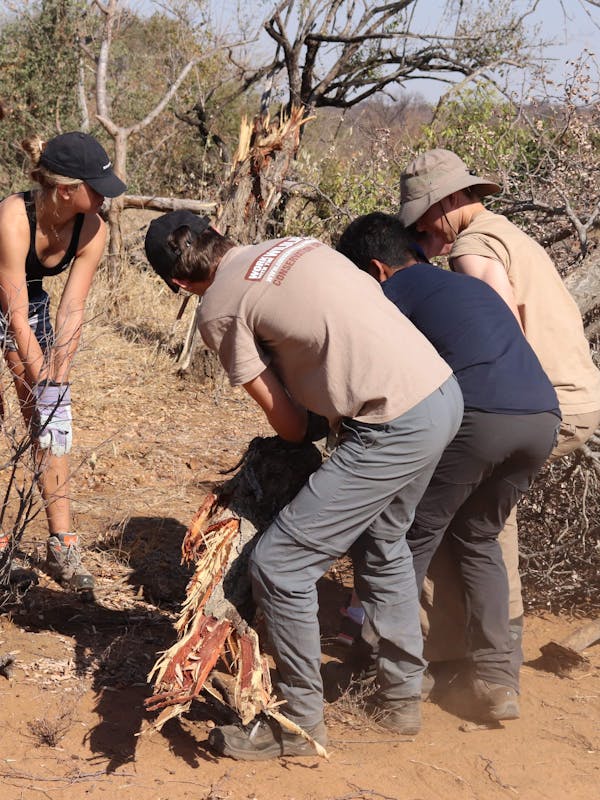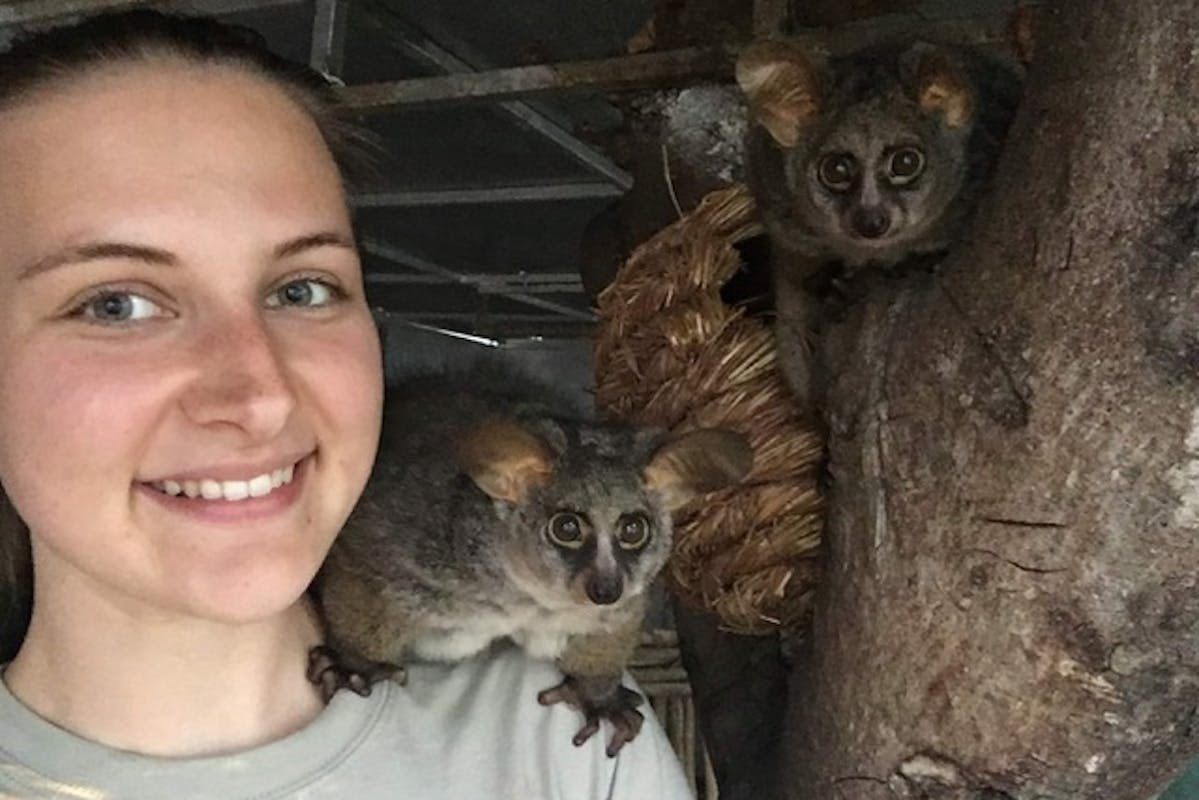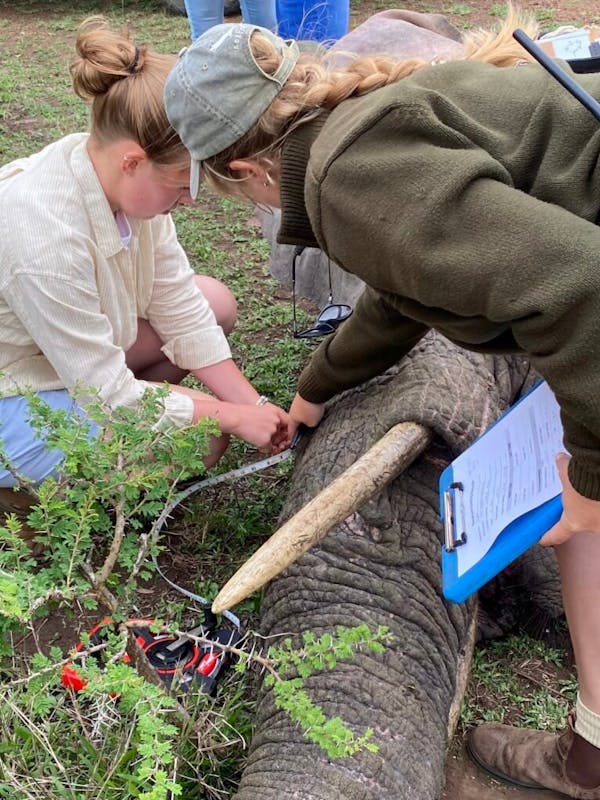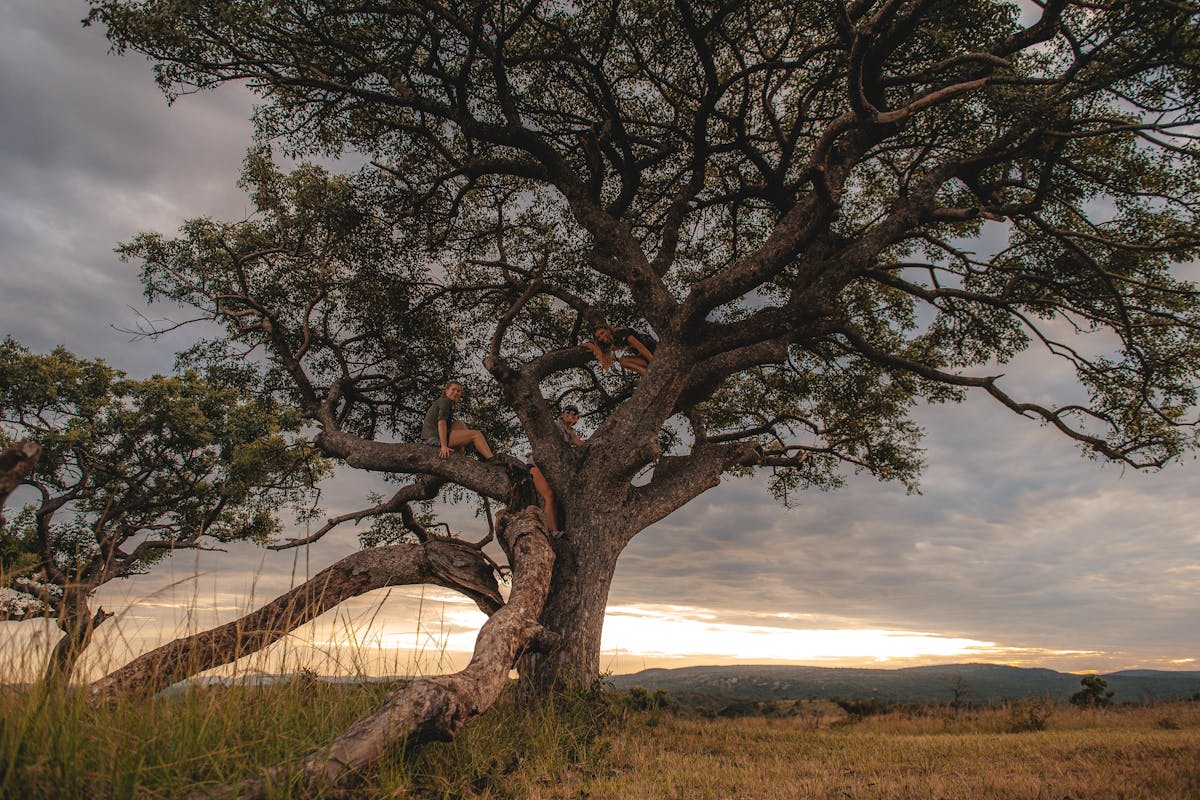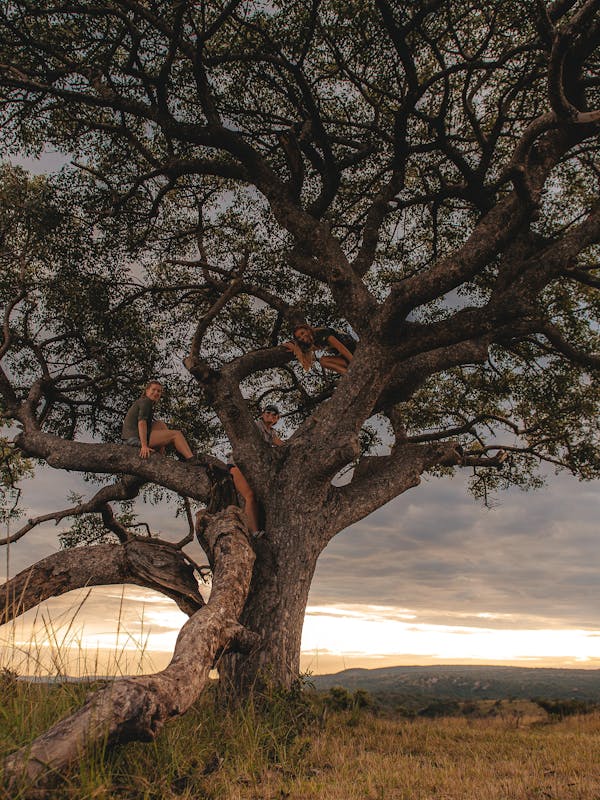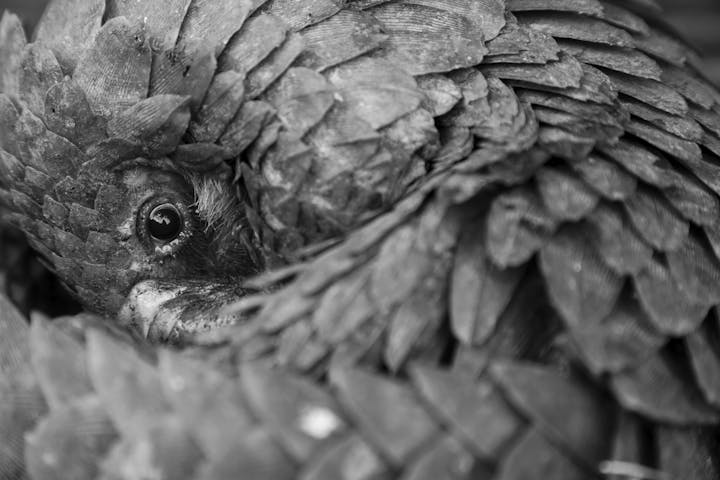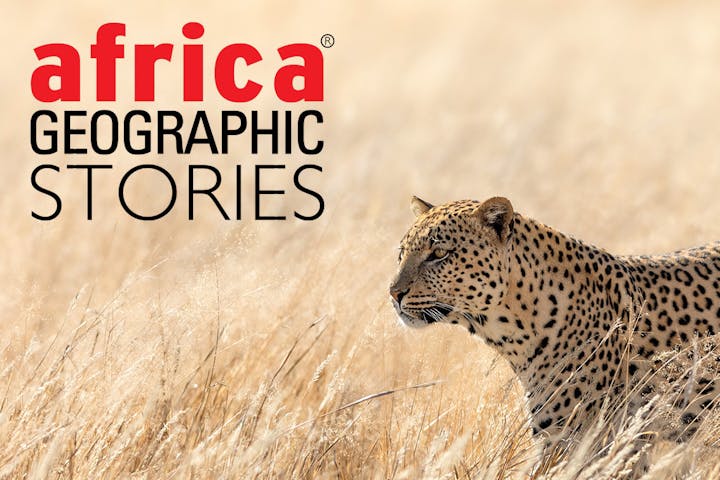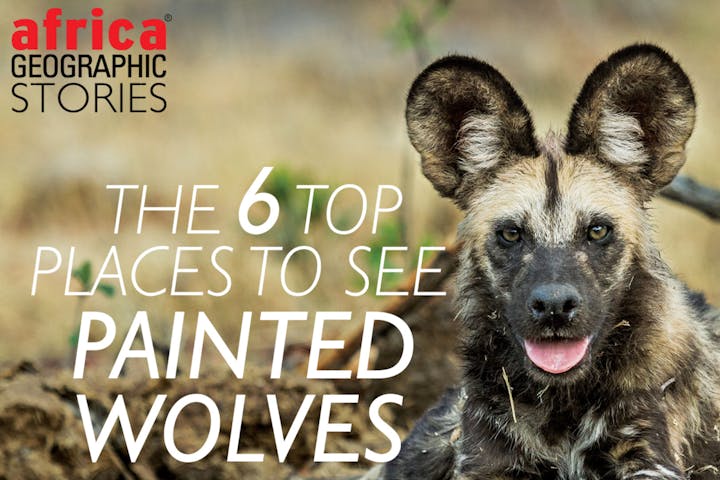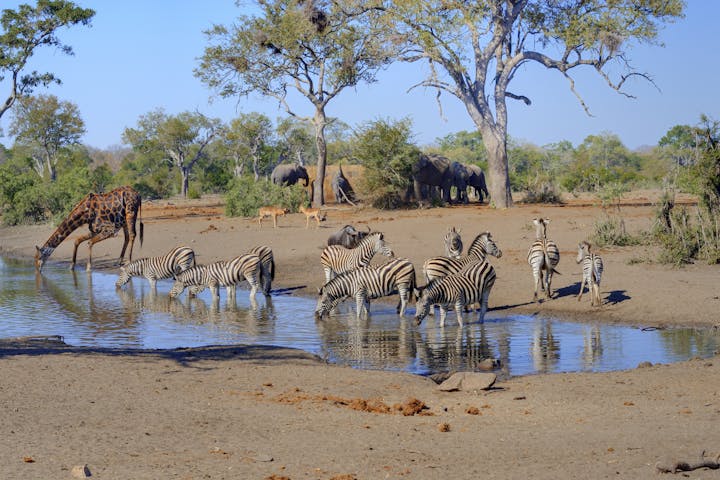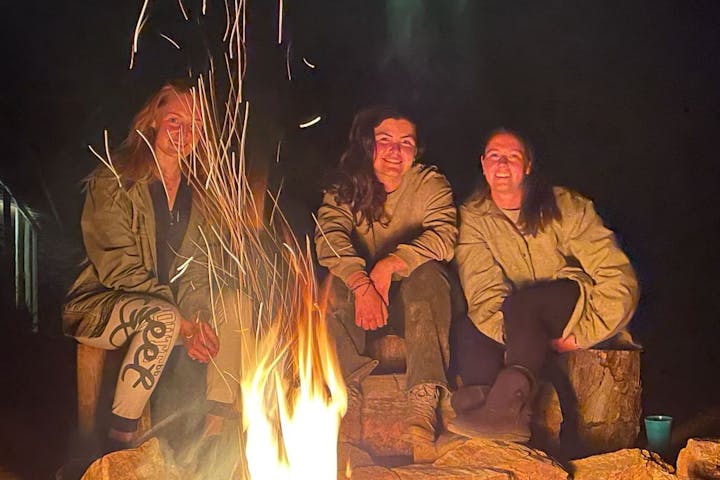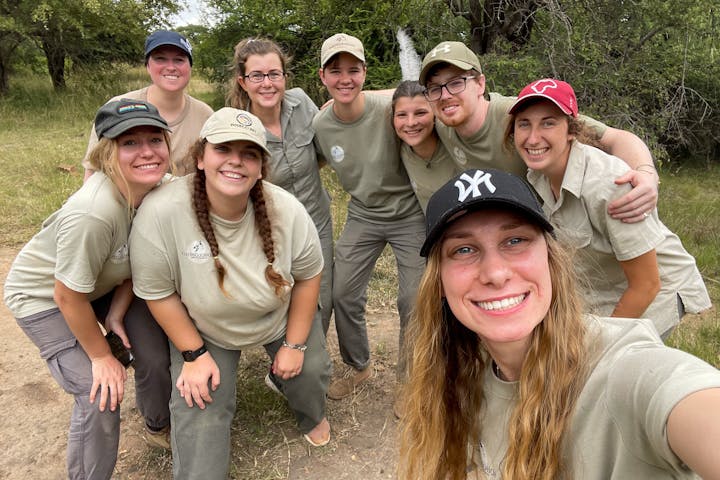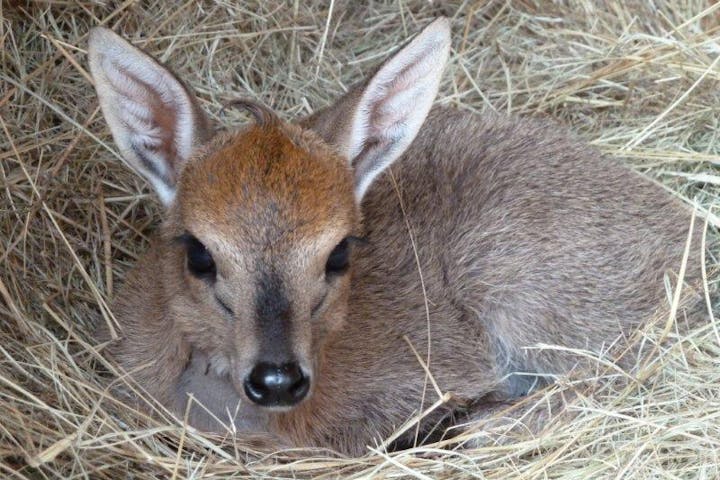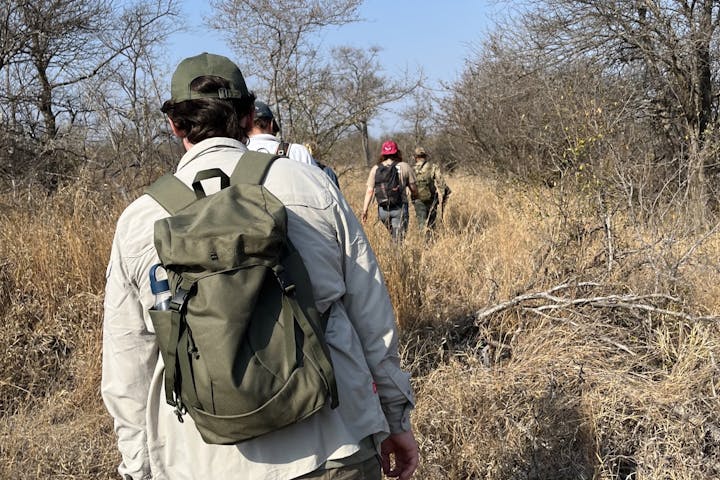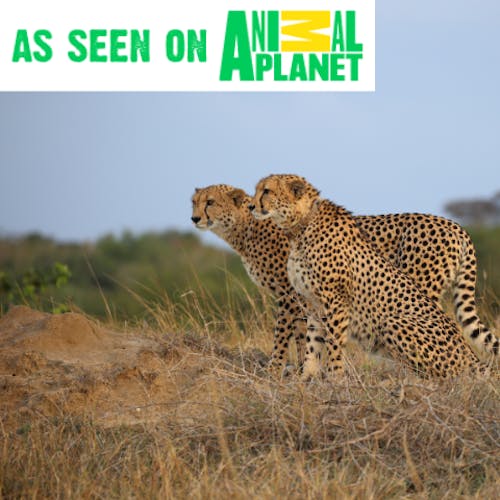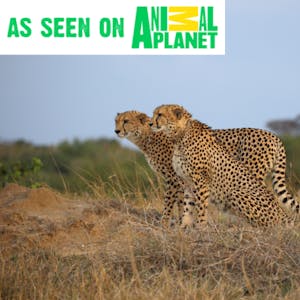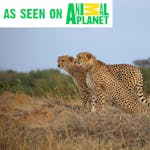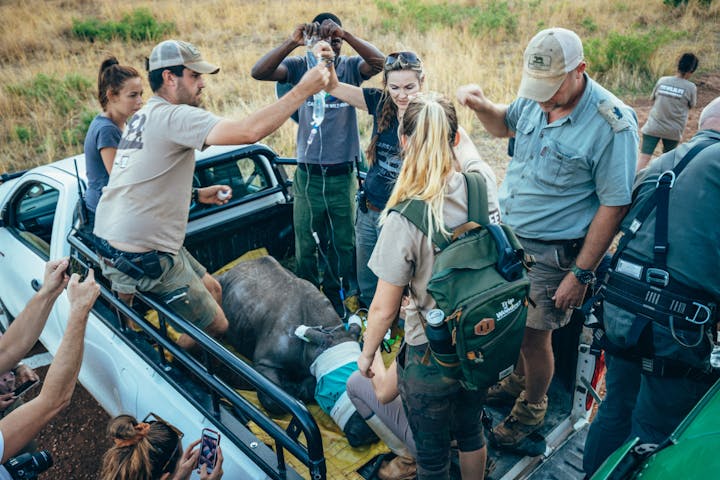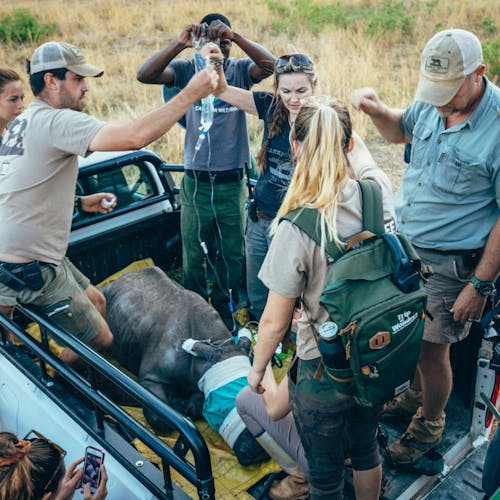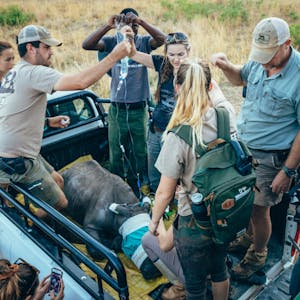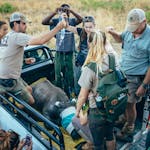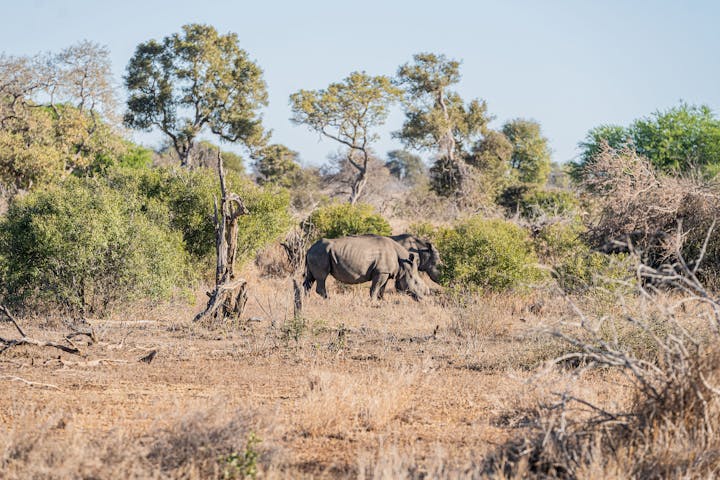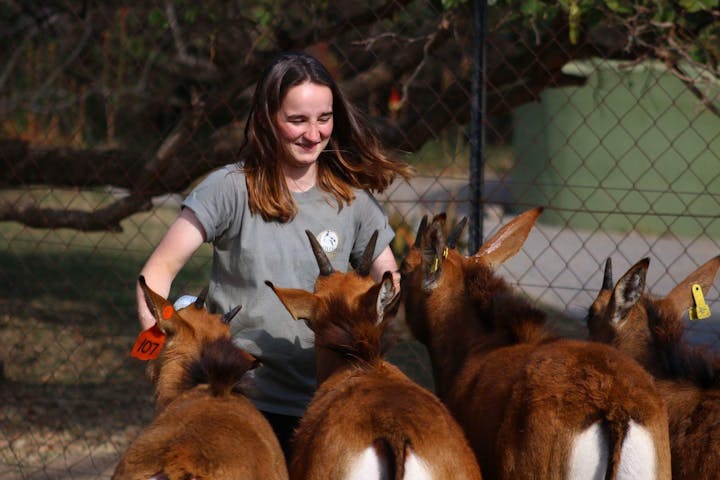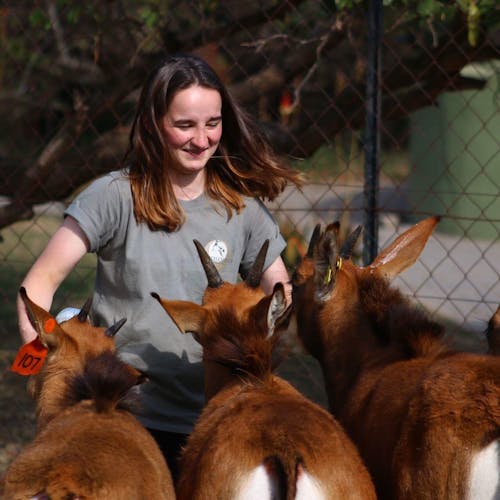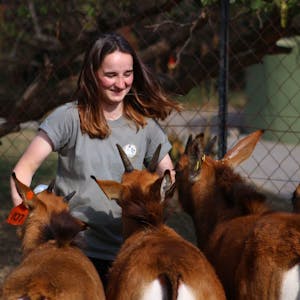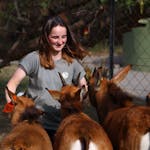Highlights
Get on the front line of wildlife conservation
Release pangolins that have been rescued from poachers. Track a herd of elephants across the bush. Get hands-on at an animal rehabilitation centre. We work with projects at the forefront of conservation so you’ll get to see how each project and its people are directly benefitting conservation.
Track animals on foot
Your steps will be quiet but your heart will beat loud! Nothing gets you closer to nature than being immersed in the smells and sounds of the African bush. You’ll learn this ancient skill from a master tracker, alongside a highly trained dog. It’s a memory that’ll last a lifetime.
Learn from the locals
This is a unique opportunity to work with locals who are passionate about protecting the places they live. You’ll hear stories of the land which no one else can tell you and you’ll see how powerful it is when conservation projects work together with local communities.
Access all areas
Go behind the scenes of an exclusive safari reserve. See what it’s like to live, breathe and be part of meaningful African conservation. Roll your sleeves up… You’re going to be right in the action.
Genuine animal rehabilitation
You’ll work with practised experts in animal rehabilitation in a project that has rescued hundreds of sick, injured and abandoned animals. Nurse them back to health, reintroduce them into the wild, or provide them with a lifetime of sanctuary.
Exciting variety
It’s not just about the lions. Or the elephants. Or even the rhinos. You’ll see a huge range of species, from big to small, iconic to elusive. And you’ll learn how each species forms part of – and is important to – African ecosystems.
Help save a rhino’s life
Yes really! Get up close to these iconic creatures. Track them in the bush, send info to specialist teams, and help rescue an orphaned calf... It’s a lot but it’s so worth it.
Join the dream team
Dream of working with the biggest names in conservation? Like WWF and The Endangered Wildlife Trust? Well, here’s your chance. See how buddying up with these international organisations gives our projects more clout.
